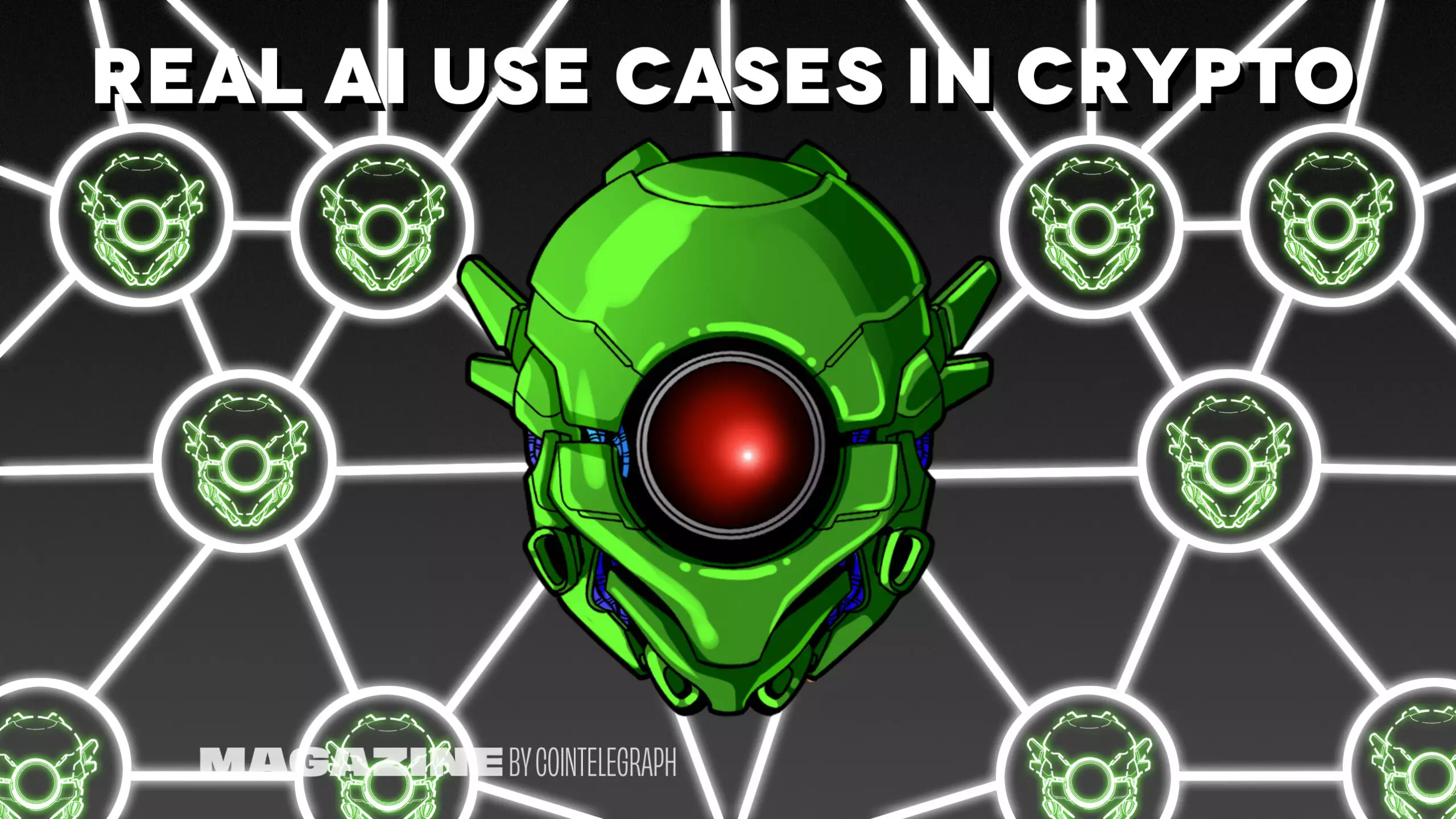With the increasing hype surrounding blockchain projects harnessing artificial intelligence (AI), it is crucial to differentiate between genuine use cases and mere speculative coins. In this article, we will explore some of the key applications of AI in the crypto and blockchain industry, while critically examining the limitations and challenges that must be addressed.
Decentralized autonomous organizations (DAOs) have gained attention in the blockchain space, but there is a fundamental flaw in their autonomy. As Framework Ventures founder Vance Spencer aptly points out, DAOs “are not actually autonomous. There’s a bunch of people in the middle.” However, AI could be the key to truly achieving the concept of DAOs.
Rune Christensen, founder of MakerDAO, believes that AI can play a crucial role in governance and management within DAOs. He emphasizes that AI should not be expected to run a DAO entirely but rather excel at automating mundane and repetitive tasks. By replacing the most menial parts of the work, AI can free up human participants to focus on more meaningful contributions.
One significant challenge in DAOs is effective communication and coordination among dispersed members. Illia Polushkin, founder of Near, suggests that AIs can address this issue by monitoring, summarizing, and effectively communicating relevant information to members. The role of an AI, in this context, resembles that of a manager who knows exactly what is happening and can provide the necessary information to everyone involved.
Furthermore, AI has the potential to scale and handle the onboarding process for new DAO members, manage logistics, and coordinate tasks for thousands of individuals. The direction of the DAO can still be determined by the community, likely through an elected board of directors. The AI’s role would primarily involve optimizing efficiency and facilitating collaboration.
The Near Foundation plans to adopt an experimental approach by initially utilizing AI to handle smaller tasks before gradually expanding its capabilities to more complex and crucial responsibilities. The ultimate goal is for AI to assume the day-to-day management of DAOs, minimizing the need for human intervention. This transition could result in greater coordination, productivity, and scalability within DAOs.
MakerDAO, on the other hand, is developing Governance Artificial Intelligence Tools (GAITs) to guide its entire project. “Atlas,” a comprehensive and real-time dataset of the DAO’s operations and rules, will provide a centralized repository of data. This shared language will enable effective collaboration among a diverse range of community members, as GAITs facilitate project identification and bid evaluation, while the AI ensures compliance with guidelines and budget constraints.
While AI has the potential to revolutionize DAOs, it is important to recognize the limitations and challenges that must be overcome. Current AI technologies, such as Language Model Models (LLMs), still lack the maturity and reliability to independently steer DAO governance. The hallucination rates of LLMs range from 3% to 27%, making them an unreliable guide for decision-making within DAOs. Thus, strict guidelines and spending caps would be necessary to mitigate potential errors.
Furthermore, the politics surrounding funding decisions in DAOs pose challenges for outsourcing decision-making to AI. The technology is not yet advanced enough to provide unbiased and reliable recommendations. As a result, the complete replacement of human decision-makers with AI is not feasible at the present stage.
While AI is already proving to be a valuable tool in the realm of DAOs, it will take time for the technology to mature sufficiently to run DAOs autonomously. However, as AI-assisted governance develops, it has the potential to significantly reduce the human intervention required in successful DAOs. MakerDAO’s Christensen envisions a future with numerous DAOs powered by AI, potentially outnumbering human participants.
The integration of AI in the crypto and blockchain industry has the potential to enhance the efficiency, coordination, and scalability of DAOs. However, it is essential to approach AI as a tool rather than a complete replacement for human decision-making. With continuous advancements in AI technology and the development of robust governance frameworks, the future holds promising opportunities for AI-powered DAOs.
Andrew Fenton, a journalist and editor based in Melbourne, specializes in covering cryptocurrency and blockchain. With extensive experience in the media industry, he brings expertise and insights to the world of emerging technologies.

